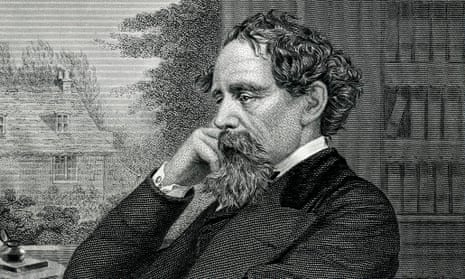While preparing to direct the 1994 BBC2 adaptation of Martin Chuzzlewit, I became aware, like Mary Jane Drummond (Letters, 29 June), that there appeared to be an occasional and unexpected use of double entendres scattered through the text of the novel, particularly at the expense of Tom Pinch, who is described as being “in the chapel touching upon his organ” by one of Pecksniff’s daughters, triggering barely suppressed hilarity from her sister. The name of the proprietor of the “boarding house for young gentlemen”, Mrs Todgers, is another example. Given her occupation, “Todgers” suggests to me that Dickens was well aware of the slang meaning which remains with us even today.
I also came to believe that Dickens’ visual descriptions of Tom Pinch signalled to the “common man” of the time that, despite being a completely pure and genuinely humble character, his appearance resembled that of an erect penis and that even his name, Tom Pinch, was actually a contemporary euphemism in the early–mid-19th-century for the act of male masturbation.
Could there be a deliberate irony in a character who is the least likely in the entire literary canon to force his sexual attentions on a female yet bears a resemblance to an erect member and a name that many men would have recognised as a euphemism for the way they pleasure themselves?
I even wondered whether the subtext of this irony was a plea by Dickens for tolerance of masturbation, as a way of reducing rape, prostitution and predatory male sexual behaviour in society at large.
Pedr James
London
